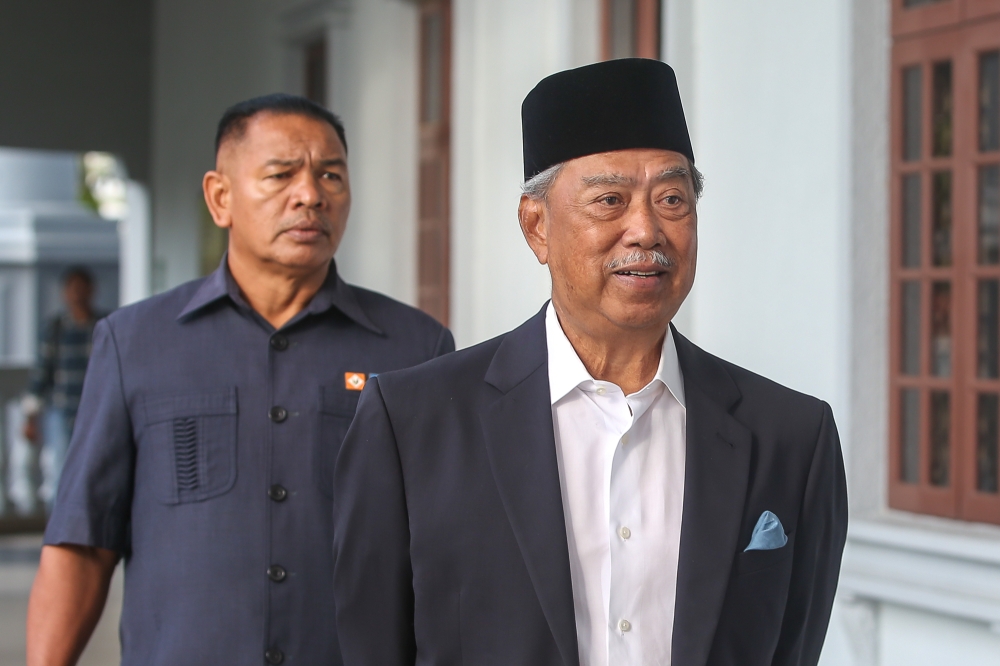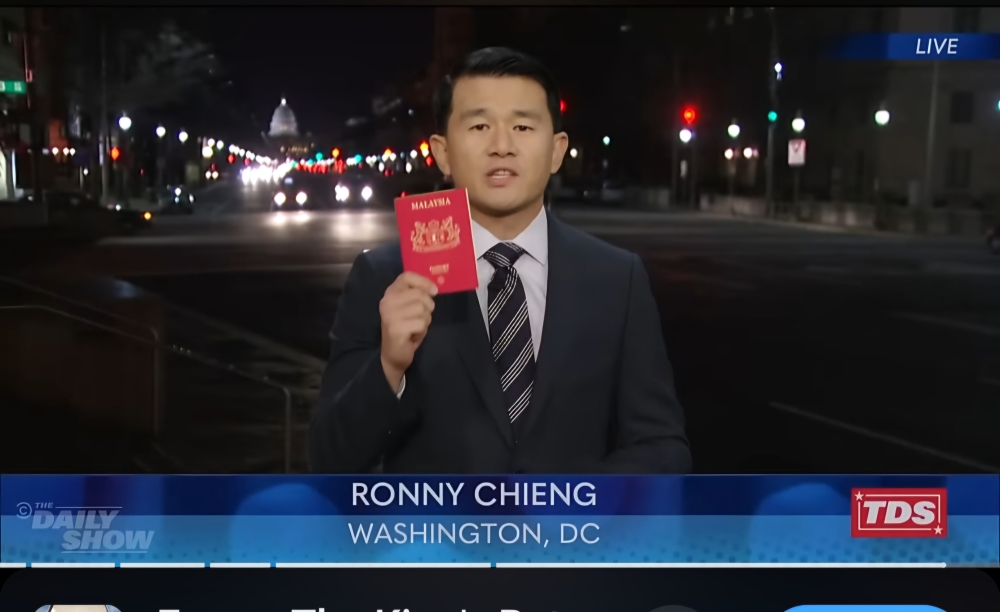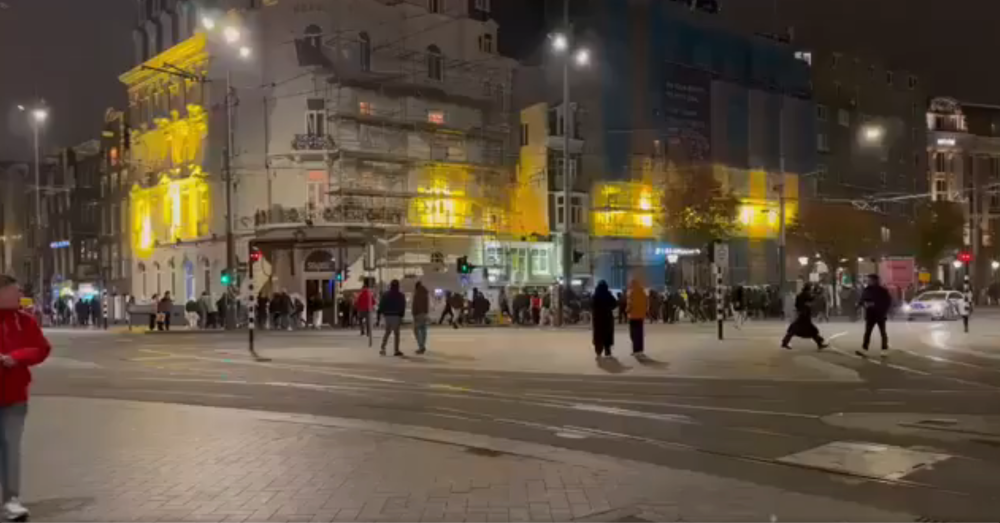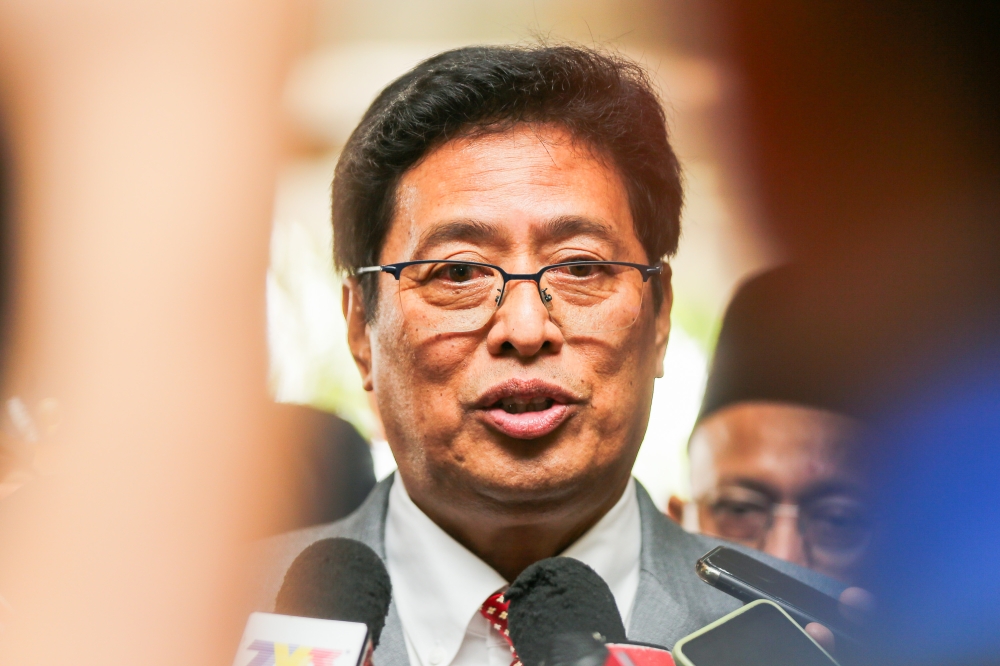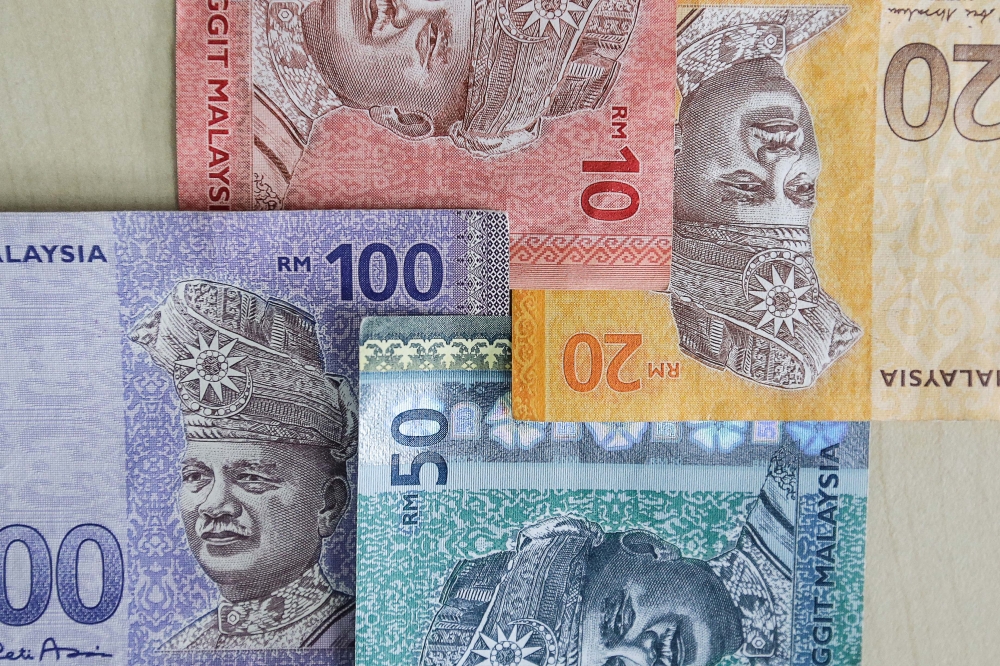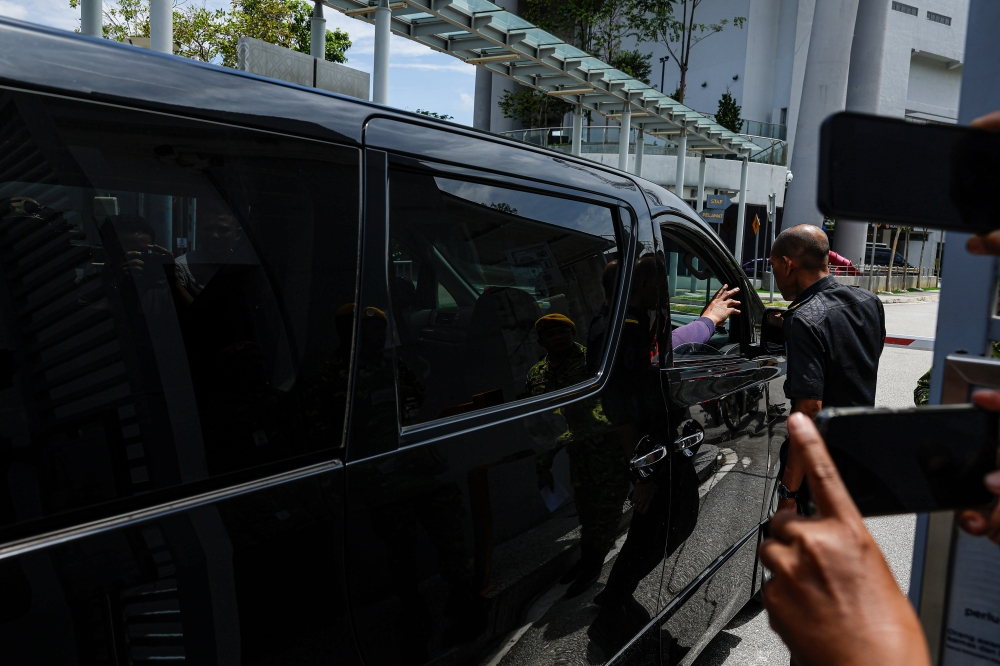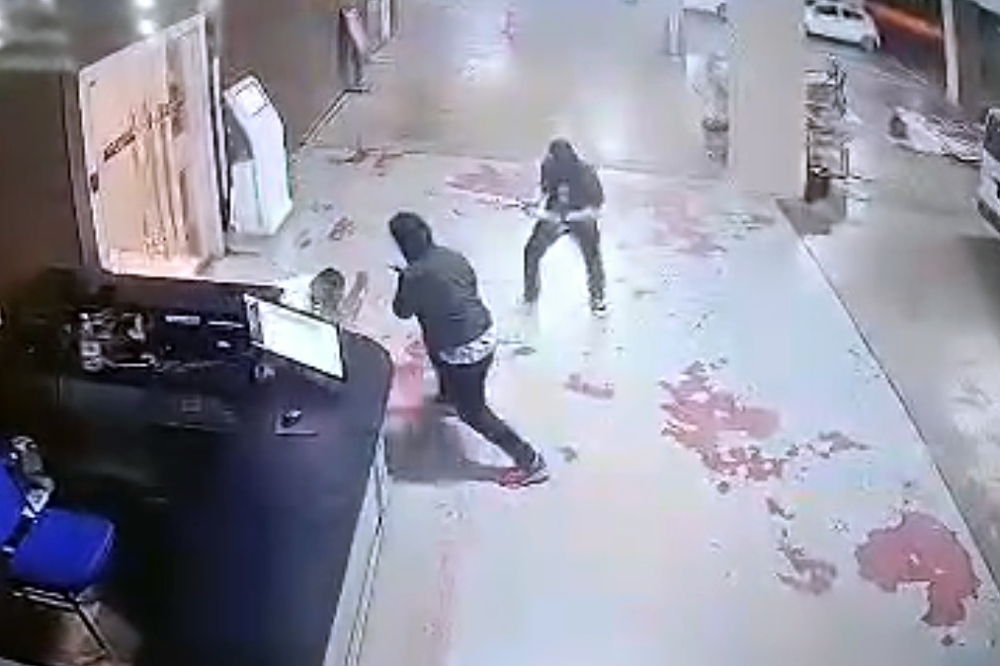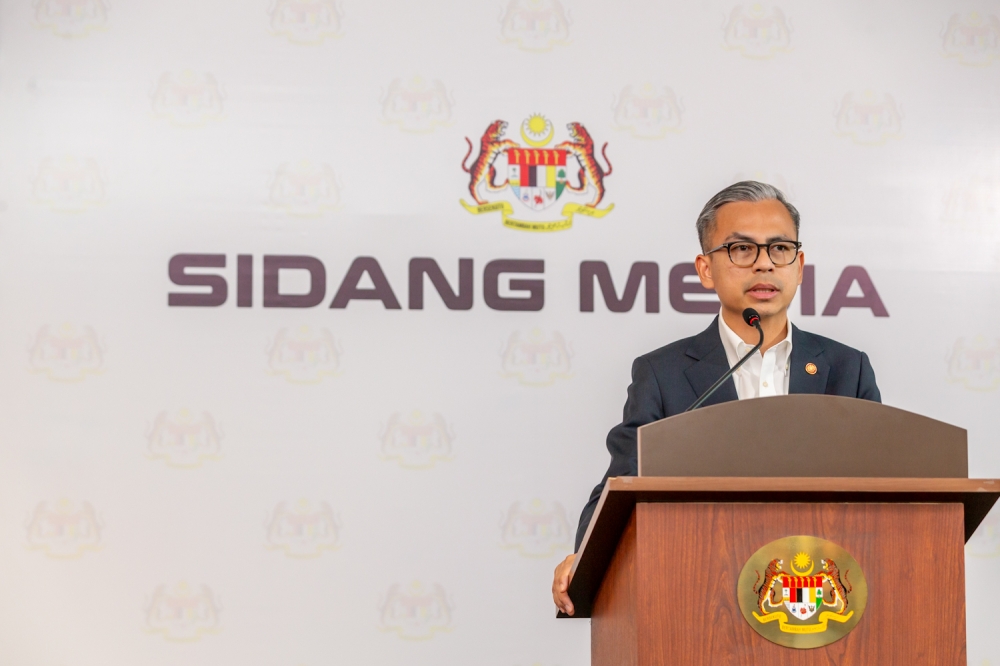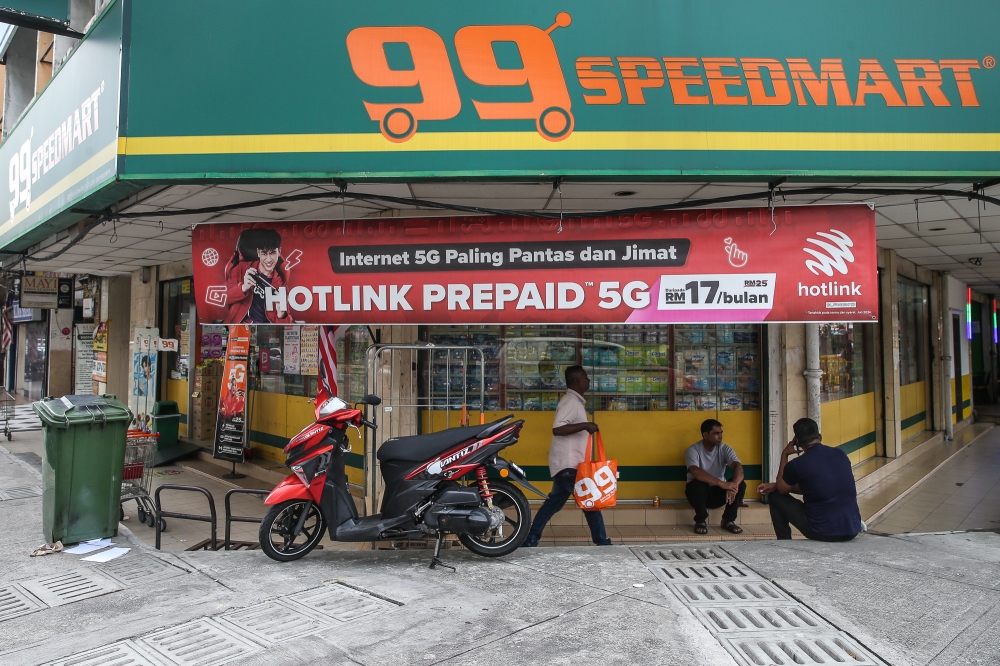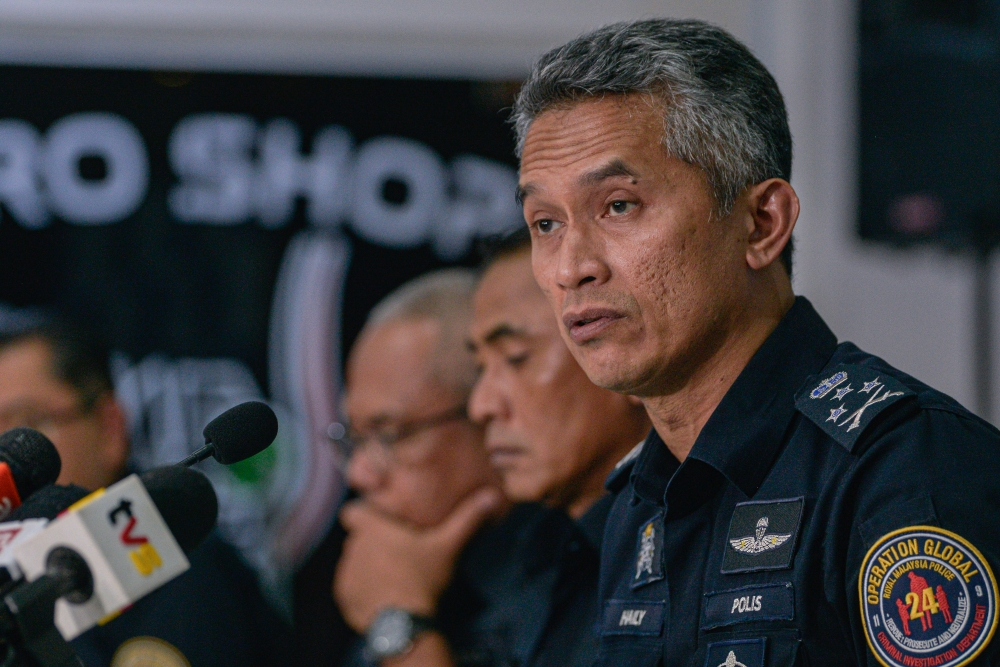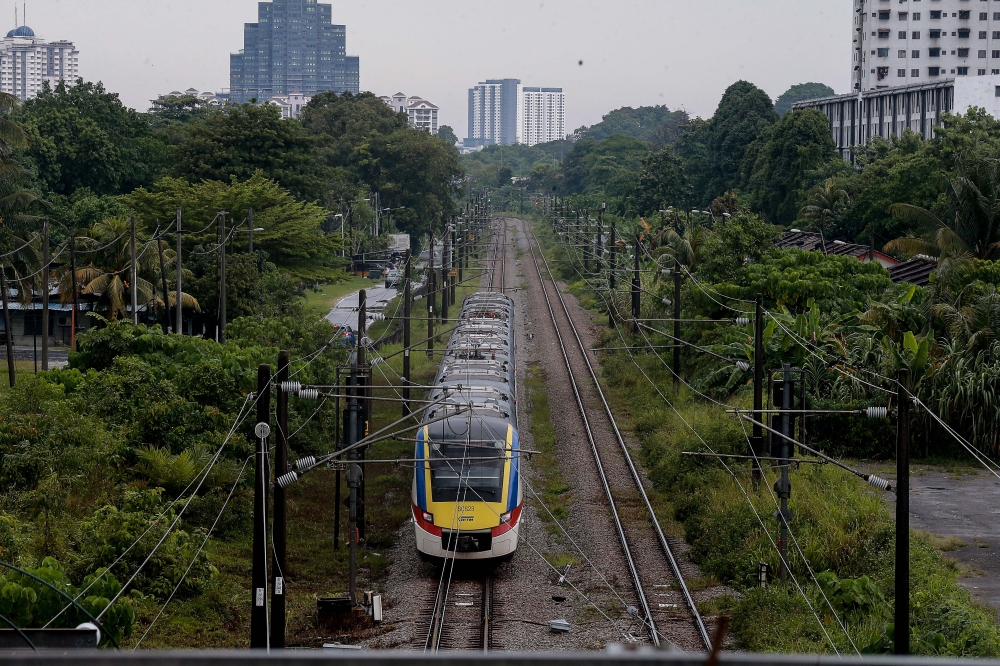KUALA LUMPUR, June 2 — The High Court today was told that the prosecution against former Batu Kawan Umno division leader Datuk Seri Khairuddin Abu Hassan under the Security Offenses (Special Measures) Act 2012 (Sosma) was not solely based on the five police reports he lodged overseas.
According to Datuk Masri Mohd Daud, 55, the deputy public prosecutor who handled the case in 2015, it was also based on other evidence.
“I do not agree with Khairuddin’s lawyer, Mohamed Haniff Khatri Abdulla, who suggested Khairuddin be charged for sabotage, as the case was an attempt to sabotage.
“I also cannot ascertain whether or not there is a role by the banks in this case to prove that there was any sabotage against banking institutions,” said the last defence witness, who is now the deputy head of the prosecution division at the Attorney General’s Chambers.
He said this when questioned by Senior Federal Counsel Andi Razalijaya A Dadi at the trial of Khairuddin’s suit against former Inspector -General of Police Tan Sri Khalid Abu Bakar and seven others over his detention and charges under Sosma.
Besides Khalid, the seven others named as defendants are ASP Wan Aeidil Wan Abdullah and ASP C Muniandy, both investigating officers at the Bukit Aman Classified Crime Investigation Unit; Dang Wangi deputy police chief Supt Habibi Majinji, Masri, senior federal counsel Awang Armadajaya Awang Mahmud, former Attorney General Tan Sri Mohamed Apandi Ali and the government of Malaysia.
In his testimony prior to this, Khairuddin said he had lodged five police reports in Paris, Switzerland, United Kingdom, Hong Kong and Singapore on the 1Malaysia Development Berhad (1MDB) issue, but denied that it was to expose Malaysia’s weaknesses because he did not trust the Royal Malaysia Police institution and to sabotage the country’s banking and financial services.
Mohamed Haniff Khatri, in his testimony, had also told the court that his client had lodged a report with the Malaysian Anti -Corruption Commission (MACC) in December 2014 before lodging the police reports abroad.
Meanwhile, when suggested by Mohamed Haniff Khatri that he would ask for the police reports that were filed abroad if he decided to prosecute Khairuddin, Masri replied “Disagree”.
Mohamed Haniff Khatri: When the case was dropped in 2017, was you (Masri) involved in the decision?
Masri: I don’t know who made the decision because at that time I was transferred to another place.
To a suggestion by Mohamed Haniff Khatri that the prosecution against his client was made on the instruction of the then government leadership, Masri said he did not know whether there was such an instruction other than the one from the public prosecutor’s office.
Earlier, Masri informed the court that he had received instructions from Datuk Seri Tun Majid Tun Hamzah, who was then the deputy solicitor-general 1, to charge Khairuddin and handle the case, but the decision to charge Khairuddin was made without his knowledge.
Judge Quay Chew Soon then set August 24 for decision, as well as July 13 and 27 for both parties to file their written submissions.
Khairuddin, who filed the suit in May 2018, claimed that he was detained by the authorities on September 18, 2015 under Section 124C of the Penal Code and on September 23 the same year, after being released, he was rearrested under Sosma and was in custody before being charged in the Magistrates’ Court under Section 124L of the same act on charges of attempting to sabotage the country’s banking and financial services.
In all, the plaintiff was detained for 60 days at the Sungai Buloh Prison and on May 12, 2017, the court was told that the prosecution would not be continue with the prosecution and Khairuddin was discharged and acquitted of the charges.
The plaintiff alleged that the action by all the defendants in detaining and charging him in court was conducted with malicious intent and violated his right to freedom under the Federal Constitution and tarnished his reputation and image as a politician. — Bernama


